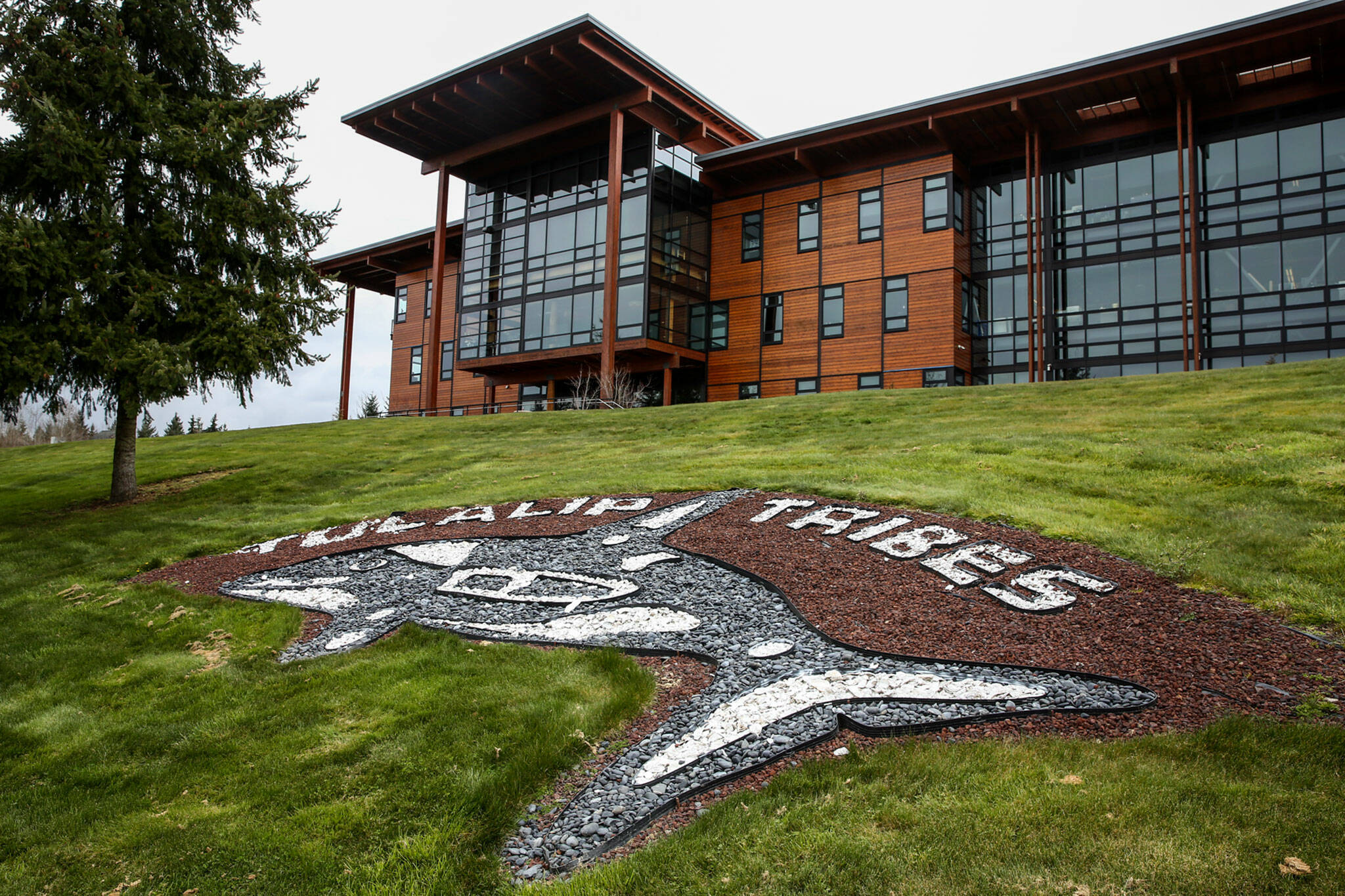TULALIP — Leaders of the Tulalip Tribes say a U.S. Supreme Court decision on Wednesday puts tribal sovereignty at risk.
Justices ruled states have jurisdiction in prosecuting crimes committed by non-Natives against Native Americans in “Indian country.”
“This morning we received another blow when the Supreme Court overturned 200 years of case law and ruled that states have concurrent jurisdiction over crimes committed by non-natives against Indian people on Indian land,” read a letter signed by Tulalip Tribal Board members Teri Gobin, Misty Napeahi, Debra Posey, Pat Contraro, Melvin Sheldon Jr., Marie Zackuse and Hazen Shopbell.
Before the Supreme Court ruling, only the federal government and tribal governments could prosecute crimes on Native American reservations in most states. Washington is among nine states that already had some jurisdiction in such cases as a result of an earlier federal law.
The precedent set Wednesday demonstrated the court has a “fundamental misunderstanding” of federally recognized tribes, said Tulalip Tribes Director of Treaty Rights Ryan Miller.
“This undermines the core understanding of tribal self-determination,” Miller said. “Tribes are sovereign. They have sovereign authority over their people and over their lands.”
Miller said in his lifetime, he has never seen such a direct challenge to tribal sovereignty.
Just two years ago, the Supreme Court in McGirt v. Oklahoma, ruled the state could not bring criminal prosecutions for crimes on tribal land without the consent of Native American tribes. On Wednesday, in deciding Castro-Huerta v. Oklahoma, the court ruled 5-4 that the state of Oklahoma had the power to prosecute a non-Native man for the abuse of his Native American stepdaughter on a reservation.
In the dissent, Justice Neil Gorsuch wrote: “Where this Court once stood firm, today it wilts.”
“After the Cherokee’s exile to what became Oklahoma, the federal government promised the Tribe that it would remain forever free from interference by state authorities,” he wrote.
Tribal leaders are worried this will undermine the autonomy of tribes their ancestors worked so hard to receive.
“In 1855 that treaty was signed,” Gobin said, referring to the Treaty of Point Elliott. “And just as we’re making headway, then they start chipping back at it.”
In Wednesday’s majority opinion, Justice Brett Kavanaugh wrote: “Indian country is part of the State, not separate from the State.”
That line is among the most alarming from the opinion, Tulalip vice chair Napeahi said.
Kavanaugh’s “framing of tribal jurisdictions as state ‘territory’ does not bode well for tribal sovereignty before the Court,” said Anthony Broadman, an Indigenous rights attorney. The reasoning could be cited in taxation, civil jurisdiction and other cases, he said.
In the opinion, Justice Kavanaugh puts White Mountain Apache Tribe v. Bracker “front and center,” Broadman said. That case dealt solely with taxation and state regulation of on-reservation economic activity.
“There’s no reason to rely on and cite this civil case in this context unless it’s part of a larger plan to invite state jurisdiction into Indian Country,” Broadman said.
The impact on the Violence Against Women Act is unclear. The act granted tribes the power to arrest, prosecute and sentence all perpetrators on tribal lands for sexual and domestic violence, sex trafficking, stalking, child violence and obstruction of justice.
Kavanaugh’s philosophical approach in the opinion, Broadman said, is what affects all tribes.
“It’s very clear that they don’t want us to be labeled as a political class of people, they would prefer us to be a race of people,” Napeahi sais. “They don’t want us to have those added protections that were provided to us through the Constitution. This is their first strike at it. There’s a lot of different cases coming through other federal courts that are related to Indian Child Welfare. … So they’re going to continue to erode at these liberties as long as we allow them to.”
Isabella Breda: 425-339-3192; isabella.breda@heraldnet.com. Twitter: @BredaIsabella.
Talk to us
> Give us your news tips.
> Send us a letter to the editor.
> More Herald contact information.

























